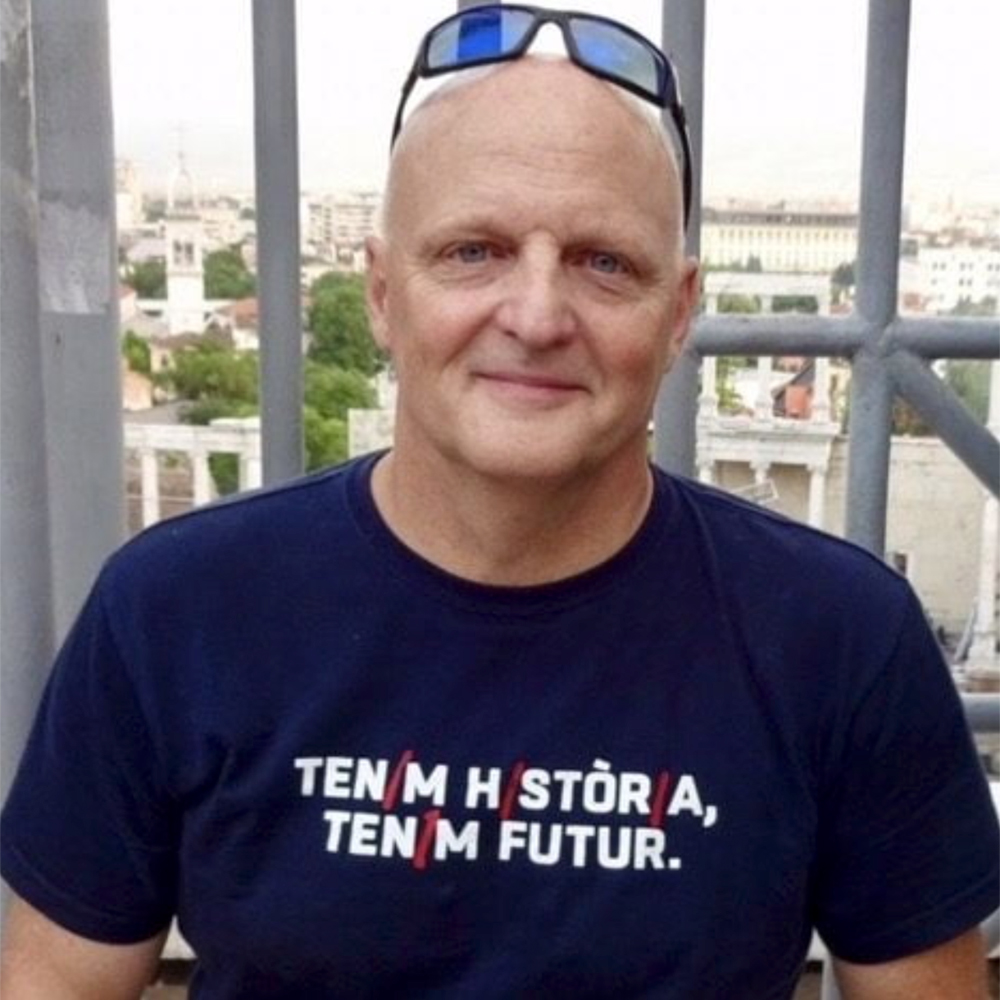We’ve all read them, or heard a spoken version of the same on some left-side-of-the-dial radio station. What began as a deeply compassionate response to all those poor wounded souls in the NPR audience in the wake of the 2016 elections has evolved into a full-fledged journalistic genre.
Come mid-November each year since articles and reports such as these now proliferate with the regularity of slugs in an Oregon forest after an overnight rain. It’s such a standard feature now that it is even showing up in Europe’s “quality” papers where, since around 2002, there has been no higher journalistic value than to write in your local language today what the US Government-supervised NYT said yesterday.
The reason for these stories is, as one brave, well-credentialed suitably diverse scribe so aptly put it, “To, like, you know, help people to, like, cope with the, like, you know, the incredible trauma of, like, having to sit, like a mere few feet away! from a talkative and confident but actually ignorant old male relative who, like really believes! there are just two genders and, like, a whole bunch of other repulsive stuff.”
As a fervent oligarch who believes that the best kind of citizen is one who knows and cares nothing about history, and more specifically, culture-planning elites have assiduously shaped concepts of “reality” for the masses throughout the centuries, I think it’s high time we thank those in the Blue Hair media for their immense service to our cause.
After all, everyone knows that the multi-generational family table has, for centuries, been the prime site of socialization for society’s young. It is where they have learned to listen, pay attention, to interpret body language and facial gestures, and to acquire the art of storytelling and with it, of course, the ability to deploy and interpret irony and many, many other types of layered communication.
And, of course, it is the place where they have learned about the trials and triumphs of the older people in their families, something that helps them view their own worries and crises in a more longitudinal frame and puts them in a much better position to resist the false “solutions” constantly offered to them by unscrupulous salesmen and would-be gurus.
Perhaps as importantly, it has long been recognized as perhaps the ultimate outpost of emotional succor in most people’s lives. Where did you go, or at least want to go, when you had the first major crisis of your life? Where did Jesus of Nazareth go when he knew what was about to happen to him at Golgotha? The answer to both queries is the same: to the table to share food with family and/or trusted friends.
It’s interesting to note that the word companion is derived from the Latin words “com” (with) and “panis” (bread) which, fused together in slightly corrupted form in the Latin-derived romance tongues of the Middle Ages, came to mean “one with whom you break or share bread.” In short, the table has always been seen and held up throughout Western culture as the place where one goes to feel protected and nourished in the presence of people sincerely interested in our well-being.
It’s why as someone desirous of maintaining my power through the exploitation of historically adrift and emotionally hapless others, I have to applaud the efforts of our sensitive journalist friends in the cosmopolitan media.
If you think about it, it’s really the ultimate nihilistic nudge in a world of many excellent nihilistic nudges. It subtly but strongly goes to the heart of the matter, emptying out the almost universally positive connotations that gatherings at table has had in Western culture for 2,000 years if not longer, and replaces them with those linked to fear, distrust, and even verbal abuse.
It’s pure genius!
Think of it, if you will, as a sort of cognitive neutron bomb dropped square in the middle of one of our culture’s most cherished cultural spaces. I get giddy thinking about all of the new anxiety this nudging campaign is provoking in the unmoored under-thirties who’ve spent a hundred times more hours looking into their phones than trying to understand the worlds of their grandparents, uncles, and aunts.
I used to get nervous around holiday time worrying that some of these already undersocialized young ones might slip and get caught up in the magic of sitting around looking people in the eyes and sharing stories and ideas, thereby seriously undermining our lavishly funded Campaigns to Induce Alienation (CIA)™.
But now that they’ve begun the campaign to portray the table, that longtime icon of love and renewal, as a place of largely insuperable dangers and anxieties, I sleep a lot easier.
Long live the progressive press, the greatest undercover accomplice of ruthless oligarchs like me.
Join the conversation:


Published under a Creative Commons Attribution 4.0 International License
For reprints, please set the canonical link back to the original Brownstone Institute Article and Author.









